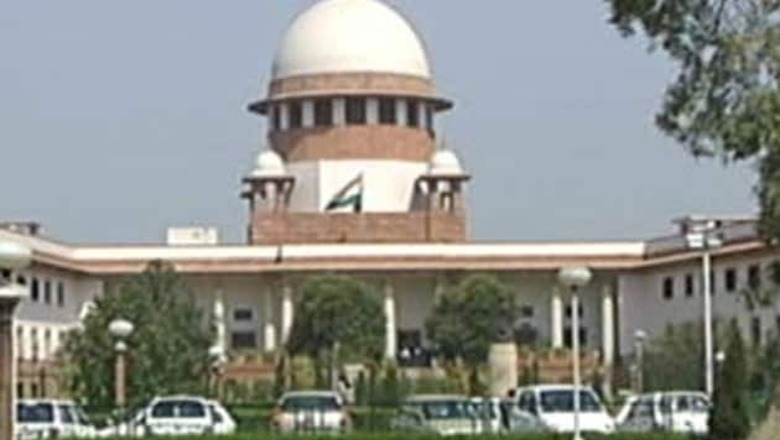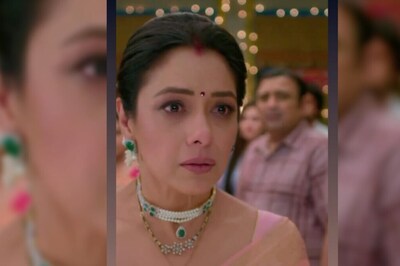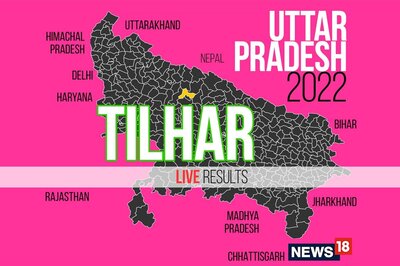
views
New Delhi: Candidates fighting elections can be disqualified if they fail to disclose information about assets and liabilities of even their spouse and dependent children, the Supreme Court has held. A bench of justices Surinder Singh Nijjar (since retired) and AK Sikri said that a person contesting elections is also under legal obligation to disclose information on his or her criminal antecedents and educational qualifications.
"The citizens have fundamental right under Article 19(1)(a) of the Constitution to know about the candidates contesting the elections and this is the primary reason that casts a solemn obligation on these candidates to furnish regarding the criminal antecedents, educational qualifications and assets held by the candidate, his spouse and dependent children," the bench said in a judgment.
"Once it is found that it was a case of improper acceptance, as there was misinformation or suppression of material information, one can state that question of rejection in such a case was only deferred to a later date," it said. The court said that at the time of filing the nomination paper, if a candidate leaves blank any column seeking information on criminal antecedents, educational qualifications and assets and liabilities, then it would result in rejection by the returning officer at the scrutiny stage itself.
The apex court referred to various earlier verdicts and guidelines of the poll panel to drive home the point that citizens have a fundamental right to know about their candidates. The judgment came while dismissing an appeal by Kisan Shankar Kathore who was elected to Maharashtra assembly in the October 2004 elections from Ambernath constituency in Thane District.
His election was challenged by Arjun Dattatray Sawant, a voter in the constituency and others. The plea was allowed by the Bombay High Court in 2007 for non disclosure of outstanding electricity bills. The apex court upheld the high court order saying that non-disclosure of outstanding electricity dues was not a serious lapse, the non-disclosure of wife owning a flat and vehicle and his interest/share in the partnership firm was a major and serious lapse.



















Comments
0 comment